Best Self Divorce

What is a “Best Self Divorce,” and Why is it Important?
If you are anywhere in the divorce process you’ve probably had someone on your team tell you that you want to show up as your “best self” as often as possible during the process. Maybe it was your lawyer, or mediator, or a therapist or even a friend who reminded you to work toward that important, but sometimes elusive goal.
To help my clients get clear and stay focused, I define a Best Self Divorce this way:
- One in which you commit to taking the high road,
- Engaging your strengths and values,
- Being kind to yourself and others,
- Owning and forgiving yourself for your mistakes,
- Celebrating your successes, and
- Moving unapologetically toward the wholehearted future you deserve.
Common objections to this approach include:
- My ex isn’t taking the high road, so why should I?
- It’s too much work.
- My kids should see who their (other parent) really is.
While these responses are totally understandable, none of them reduce the importance of your commitment to being your best self during divorce.
Here’s why:
First, you may be completely correct that your ex isn’t behaving well. That’s worth repeating – you are probably right! But this isn’t for them, it’s for you. When you choose the high road several positive things tend to occur: importantly, your ex often follows your lead! You feel better about your own choices, and who you are; you move forward, toward the future instead of staying stuck; and you model the kind of behavior you want your kids to emulate.
The above answer also addresses the second objection: “It’s too much work.” In my experience, it’s more work to stay low. Why? Because it may seem easy now, but you’ll probably end up having to go back and try to undo the impact of those choices. Whether it’s apologizing to people that were upset, spending time trying to fix problems that resulted from poor decisions, or just the stress that regret and angst causes you – the toll of going low is real.
Finally, kids don’t need you to point out who their other parent “really” is. If your spouse/ex is going to blow it, let them do it themselves. The best thing you can do is create a safe space for your kids and encourage a healthy relationship with both parents. Study after study shows that hearing negative comments about a parent makes kids feel guilt, feel like they have to choose sides, and can lead to self-esteem issues, self-blaming and more, depending on a child’s age and individual situation. On the other hand, when you encourage a healthy relationship with the other parent, take the high road and show flexibility, it will pay off for years. Your kids notice those choices, too, and you reinforce that you are safe and trustworthy. They don’t have to take care of you, worried you’ll fall apart if they mention the other parent. They can share their stress and worries with you and ask for support, knowing you have perspective. Again, you may be correct – the other parent may blow it with your kids, but let them be the one to make the mistakes. Saying I told you so is tempting but ultimately empty when it’s your child’s well-being that suffers.
Think of showing up as your best self during divorce as a gift you give yourself. No one can make you say something or force you to respond in a certain way. Give yourself the opportunity to move toward your future with intention, and it will ripple into all aspects of your life.
Ready to figure out who you are at your best? Download my free Better Than Before Divorce™️ workbook here and start moving toward the amazing future you deserve. You CAN be BETTER on the other side!
